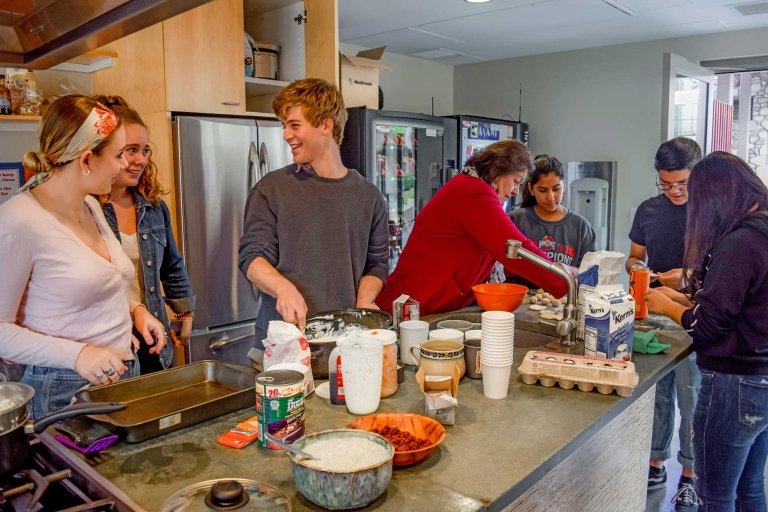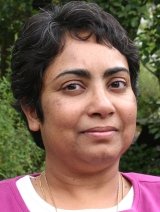First-Year Seminar Program
Our First-Year Seminars (FYS) have been a cornerstone of our educational philosophy since 1973

Hone your academic inquiry skills and make interdisciplinary connnections in your First-year Seminar class.
"I developed Youth Culture, my first year seminar, to be an interdisciplinary course. The course takes theoretical texts and objects of study from Media Studies, Literature, Music, Art, and Cultural Studies."
Elizabeth Affuso
Professor of Media Studies
Explore First-Year SeminarsWith topics as varied and vibrant as our community, our interdisciplinary First-Year Seminars are your gateway to becoming a critical thinker, equipped to navigate and articulate the complexities of our world.
Our First-Year Seminars are open to Pitzer students only in the fall semester of your first year.
On Tuesday and Thursday, from 11-12:15, you will gather with your seminar classmates and instrcutor to engage in thought-provoking discussions, hone your writing skills, and be challenged to think critically and creatively. Your seminar's small class size fosters a tight-knit learning environment, encouraging every voice to be heard and valued.

Some recent First-Year Seminar topics include:
- Art in the Age of Protest
- Behave: the Biology of Why We Do What We Do
- Represenation Matters: Contested Monuments of Public Space
- Histories of Health and the Environment
Your First-Year Seminar instructor will also act as your academic adviser, until you declare a major. Not only will they help you get accustomed to college academics, they will help you forge your academic path.
More Information
Launched in 1973, Pitzer’s First Year Seminar (FYS) program offers a rotating interdisciplinary range of courses open only to Pitzer students in the fall semester of their first year. Each seminar topic and selected readings reflect the professor’s area of expertise and passion, and each seminar offers a different intellectual experience. All focus on close textual analysis, broadly conceived, and effective writing strategies for diverse audiences and purposes. Typically, the instructor for the First Year Seminar will also be the student’s academic advisor until the student declares a major.
FYS classes challenge students to engage in an on-going process of intellectual inquiry, grapple with ambiguity and complexity, regard learning as a life-long pursuit, and experience writing as a complex social interaction between writer and reader. They are not necessarily “introductions” to a field group or major, and are intended to be accessible to all students, regardless of background.
Required of all first-year students, FYSs are writing-intensive courses that fulfill the college’s Written Expression educational objective. They teach students to appreciate and experience the creativity, independent thinking, and intellectual risk-taking involved in effective academic writing. During the course of the semester, students are expected to write at least 25 pages (which could be a mix of formal and informal writing). Students receive substantive written or oral feedback on 2300-2500 words (not including “Works Cited”), approximately 10 pages, double-spaced, of academic, scholarly writing with the opportunity to revise based on feedback. This writing could be a single assignment or consist of multiple assignments. Additionally, students will be introduced to library research, how to properly cite sources, and the consideration of reasons and evidence for arguments.
The FYS program also offers entering first-year students an opportunity to engage in college-level critical thinking, discussions, and analysis with other entering first-year students. All FYS courses meet at the same time: Tuesdays and Thursdays 11-12:15. Students are assigned to an FYS based on their top five choices from the list of First Year Seminars for that year.
Contact Us

- Professor of English and World Literature
- English and World Literature Field Group
- First-Year Seminar Director